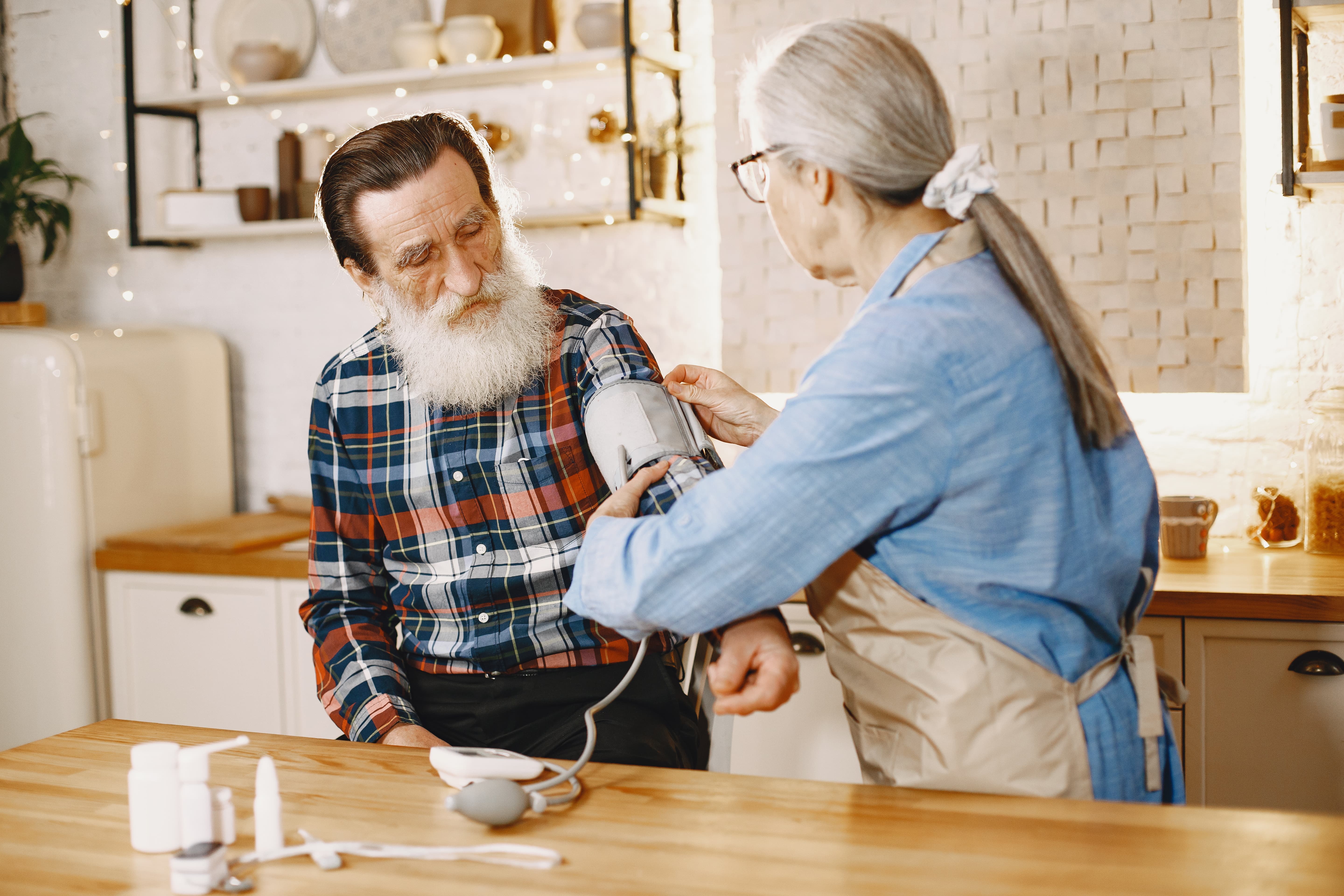When my family first hired a home health aide, we weren’t exactly sure what to expect. We knew they would help with daily activities and provide care for our loved one, but we didn’t fully understand the extent of their role. After experiencing firsthand how invaluable a home health aide can be, I want to share insight into what they do, how they support families, and why they are essential for individuals needing assistance at home.
Understanding the Role of a Home Health Aide
A home health aide (HHA) is more than just a caregiver. They are trained professionals who assist individuals with daily living activities, medical needs, and emotional support. Whether someone is recovering from surgery, managing a chronic illness, or aging in place, an HHA provides personalized care that allows them to maintain their independence while ensuring their safety and well-being.
In my experience, a good home health aide becomes like a part of the family. They don’t just assist with physical tasks—they provide companionship, emotional support, and peace of mind for both the patient and their loved ones.
Key Responsibilities of a Home Health Aide
1. Assisting with Daily Living Activities (ADLs)
One of the most important responsibilities of an HHA is helping with daily activities that may have become difficult due to aging, illness, or injury. This includes:
- Bathing, dressing, and grooming – Maintaining personal hygiene is essential for health and dignity, and an HHA ensures their clients stay clean and comfortable.
- Meal preparation and feeding assistance – Some individuals require help with meal planning, cooking, and even feeding, ensuring they get the proper nutrition.
- Mobility support – Whether it’s helping a patient move from a bed to a wheelchair or assisting them with walking, a home health aide ensures they can move safely.
When my grandmother needed help with these tasks, our HHA made sure she was always comfortable and treated with respect, which gave us peace of mind.
2. Monitoring Health and Medication Reminders
While an HHA is not a nurse, they play a crucial role in monitoring a patient’s health and keeping track of any changes. They can:
- Check vital signs such as blood pressure, pulse, and temperature to ensure the patient is stable.
- Remind patients to take medication at the right time and in the correct dosage.
- Report any health concerns to family members or medical professionals if they notice symptoms worsening.
In my experience, having an HHA to keep track of my father’s medications was incredibly helpful. They ensured he took his medicine on time and alerted us if they noticed any side effects.
3. Light Housekeeping and Home Safety
A home health aide also takes care of small household tasks to ensure a clean and safe living environment. This can include:
- Tidying up the home – Keeping areas clean to prevent hazards like falls.
- Laundry and changing bed linens – Ensuring the patient has clean and fresh clothing and bedding.
- Organizing the living space – Reducing clutter and making sure essential items are easily accessible.
Having an HHA who kept my mother’s home clean and safe meant she could remain independent longer without risking falls or injuries.
4. Providing Emotional Support and Companionship
One of the things I truly appreciated about our home health aide was the companionship they provided. Many elderly individuals or those with disabilities experience loneliness and isolation, but an HHA can help by:
- Engaging in conversation to keep them mentally stimulated.
- Encouraging hobbies such as reading, puzzles, or crafts.
- Accompanying them on walks or outings for fresh air and social interaction.
It was heartwarming to see how our HHA brightened my grandfather’s day just by spending time with him. Their presence made a huge difference in his overall mood and well-being.
5. Assisting with Transportation and Errands
For individuals who can’t drive, a home health aide can help by:
- Providing transportation to medical appointments, grocery stores, or social gatherings.
- Running errands like picking up prescriptions or shopping for necessities.
I can’t express how much of a relief it was knowing my loved one had reliable support to get to important appointments and maintain their routine.
Why Home Health Aides Are Essential for Families
After working with a home health aide, I realized just how vital they are for both patients and families. They offer:
- Peace of mind – Knowing a trained professional is caring for your loved one reduces stress and worry.
- Independence for the patient – Allowing individuals to stay in their homes rather than moving to a facility.
- Support for family caregivers – Giving family members a break and preventing burnout.
Final Thoughts
If you’re considering hiring a home health aide, know that they provide more than just physical care—they offer emotional support, companionship, and a better quality of life for their patients. My personal experience showed me that a compassionate and skilled HHA can make a significant difference in a loved one’s well-being.
Whether your loved one needs assistance with daily activities, health monitoring, mobility support, or companionship, an HHA plays a crucial role in their care and independence.


